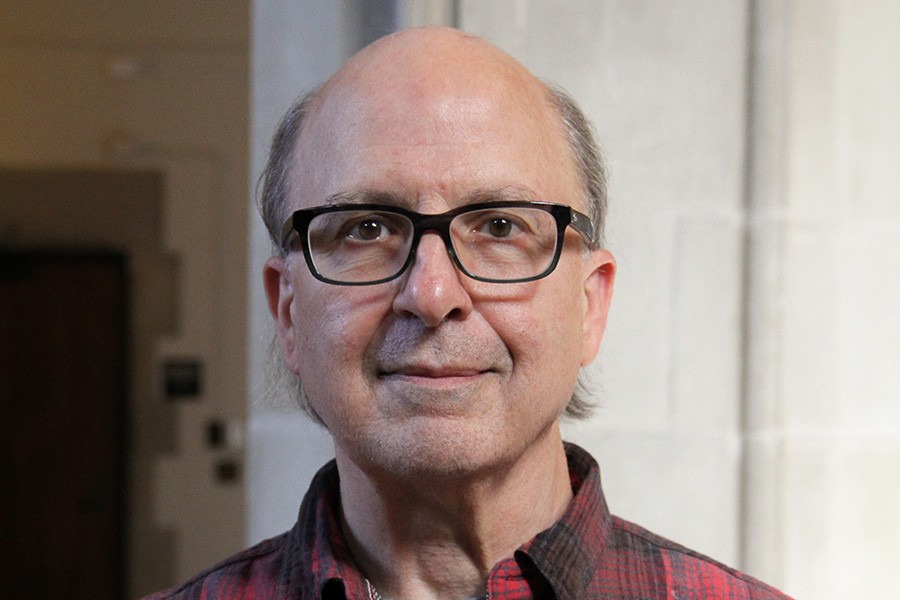Alfred Mele

Contact Information
Education
About
Alfred Mele's primary research interests revolve around human behavior.
Mele's first book, Irrationality (1987), is an attempt to resolve the philosophical problems surrounding two forms of irrational behavior: self-deception and behavior that manifests weakness of will.
Mele's second book, Springs of Action (1992), is about the roles played by such things as beliefs, desires, and intentions in producing human actions.
His third book, Autonomous Agents (1995), is an attempt to show that free or autonomous action is a genuine phenomenon (synopsis at ucl.ac.uk).
Mele's my fourth book, Self-Deception Unmasked (2001), I return to self-deception, benefitting from recent empirical work that supports the position on self-deception that I defended in Irrationality.
His fifth book, Motivation and Agency (2003), develops a theory of the place of motivation in the lives of intelligent agents.
Mele's sixth book, Free Will and Luck (2006), tackles the major theoretical challenges to the thesis that we sometimes act freely - especially challenges posed by luck and manipulation.
Mele's seventh book, Effective Intentions: The Power of Conscious Will (2009), examines alleged scientific evidence for the thesis that free will is an illusion.
In Mele's eighth book, Backsliding (2012), he returns to weakness of will.
His ninth book, A Dialogue on Free Will and Science (2014) is his first book for undergraduates. It assesses influential science-based arguments for the nonexistence of free will, and it does so in the form of a dialogue.
In Mele's tenth book, Free: Why Science Hasn't Disproved Free Will (2014), he reaches out to a general audience. The book has the same topic as my Dialogue.
In Mele's eleventh book, Aspects of Agency: Decisions, Abilities, Explanations, and Free Will (2017), he takes up various theoretical issues about free will in an indeterministic setting.
Mele's twelfth book, Manipulated Agents: A Window to Moral Responsibility (2019), explores what we can learn about moral responsibility from reflection on various stories about manipulation.
In his thirteenth book, Free Will: An Opinionated Guide, Mele again reaches out to a general audience, as he did in Free. This time, Mele focuses on the main philosophical issues rather than on assessing science-based arguments for skepticism about free will.
Mele worked with many talented philosophers and scientists as director of two multi-million dollar, interdisciplinary projects: the Big Questions in Free Will project (2010-13) and the Philosophy and Science of Self-Control Project (2014-2017).
He enjoys teaching graduate and undergraduate courses in a variety of areas, including philosophy of mind, metaphysics, philosophy of action and philosophy of religion.
In 2000, Mele joined the philosophy department at FSU as the William H. and Lucyle T. Werkmeister Professor of Philosophy.
